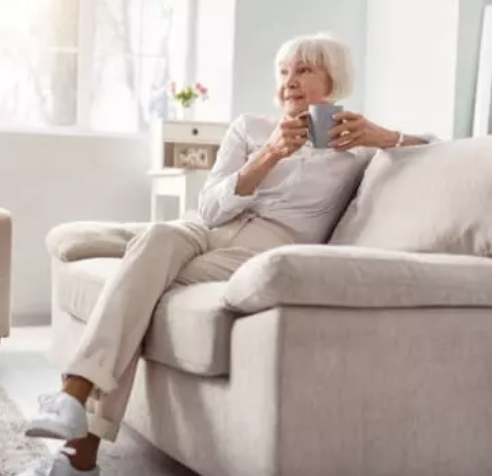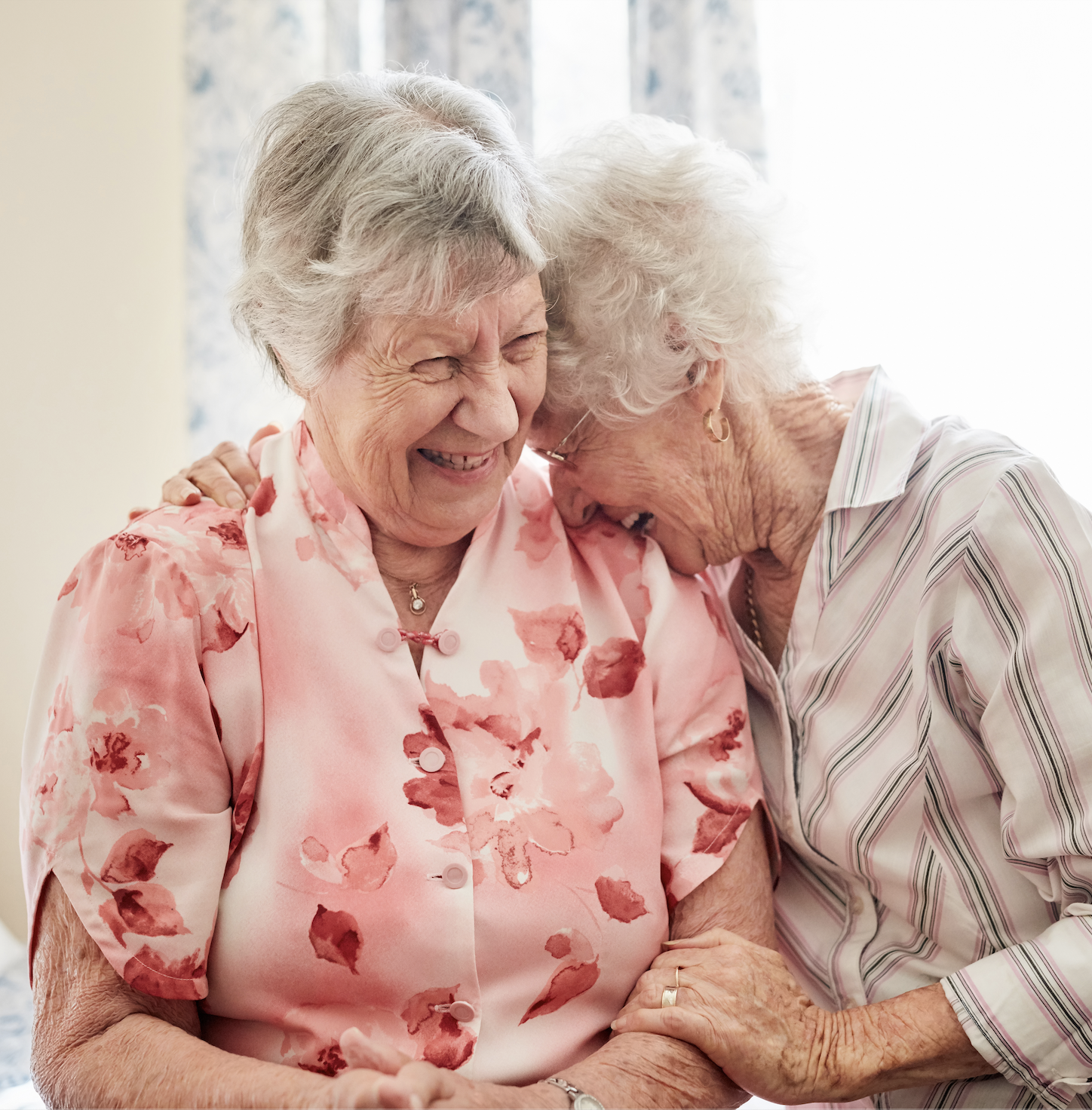
Insomnia is a common sleep disorder that affects people of all ages. However, it can be particularly challenging for older individuals. In this article, we will explore the causes of insomnia in the elderly, shedding light on why it occurs and providing insights into how to address this issue effectively.
Understanding insomnia:
Insomnia is characterized by difficulty falling asleep, staying asleep, or experiencing non-restorative sleep despite having the opportunity to sleep. It can lead to daytime fatigue, irritability, and impaired cognitive function. While insomnia is prevalent among the elderly, it is not a normal part of aging.
Find YOUR ideal care home NOW!
Common causes of insomnia in the elderly:
Medical conditions:
Chronic pain: Conditions like arthritis, back pain, or neuropathy can make it challenging to find a comfortable sleeping position.
Heart disease: Symptoms like shortness of breath can disrupt sleep.
Gastroesophageal reflux disease (GERD): Acid reflux can worsen when lying down.
Respiratory conditions: Conditions such as chronic obstructive pulmonary disease (COPD) can lead to nighttime breathing difficulties.
Neurological disorders: Parkinson's disease or Alzheimer's disease can affect sleep patterns.
Medications:
Some medications commonly prescribed to the elderly may have side effects that interfere with sleep, such as diuretics or stimulants.
Sleep apnea:
Obstructive sleep apnea (OSA) is more prevalent in older adults and can lead to frequent awakenings during the night.
Psychological factors:
Anxiety and depression are common in the elderly and can contribute to insomnia.
Lifestyle factors:
Irregular sleep schedules, excessive caffeine or alcohol consumption, and lack of physical activity can all affect sleep.
Environmental factors:
A noisy or uncomfortable sleeping environment can disrupt sleep in older individuals.
Addressing insomnia in the elderly:
Medical evaluation:
Consult a healthcare professional to identify and treat any underlying medical conditions contributing to insomnia.
Medication review:
Discuss medication side effects with your doctor and explore alternative medications if necessary.
Sleep hygiene:
Adopt good sleep hygiene practices, such as maintaining a regular sleep schedule and creating a comfortable sleep environment.
Cognitive behavioral therapy for insomnia (CBT-I):
CBT-I is a structured program that helps individuals develop healthier sleep habits and address the mental aspects of insomnia.
Lifestyle modifications:
Limit caffeine and alcohol intake, engage in regular physical activity, and manage stress through relaxation techniques.
Sleep apnea treatment:
If sleep apnea is diagnosed, treatment options like continuous positive airway pressure (CPAP) therapy may be recommended.
| Treatment | Description |
|---|---|
| Medical Evaluation | Identify and treat underlying conditions contributing to insomnia. |
| Medication Review | Adjust or change medications with side effects that affect sleep. |
| Sleep Hygiene | Maintain a regular sleep schedule and create a comfortable environment. |
| Cognitive Behavioral Therapy (CBT-I) | A structured program that addresses mental aspects of insomnia. |
| Physical Activity | Engage in regular exercise to improve overall sleep quality. |
| Sleep Apnea Treatment | Use CPAP therapy or other recommended interventions if diagnosed. |
Insomnia in the elderly is a common and often underestimated problem that can have a significant impact on their quality of life. By understanding the potential causes and taking appropriate actions, such as seeking medical evaluation and implementing lifestyle changes, older individuals can improve their sleep patterns and overall well-being. It's essential to address insomnia in the elderly promptly to ensure they enjoy restful and rejuvenating sleep.
FAQ – Insomnia in the Elderly
Q1: Is insomnia a normal part of aging?
A: No, while sleep patterns may change with age, chronic insomnia is not a normal part of aging and should be addressed.
Q2: What are the most common causes of insomnia in seniors?
A: Chronic pain, medical conditions (heart disease, GERD), mental health issues (anxiety, depression), medications, sleep apnea, and poor sleep habits.
Q3: How can seniors improve their sleep naturally?
A: Maintain a regular bedtime, limit caffeine and alcohol intake, create a comfortable sleep environment, and engage in daily exercise.
Q4: Can sleep apnea cause insomnia?
A: Yes, obstructive sleep apnea leads to frequent awakenings and poor sleep quality, often mistaken for insomnia.
Q5: How effective is cognitive-behavioral therapy for insomnia (CBT-I)?
A: CBT-I is considered the most effective long-term treatment for insomnia, addressing both behavioral and cognitive factors.
Q6: Should elderly individuals take sleeping pills for insomnia?
A: Sleeping pills should be used cautiously and only under medical supervision, as they may cause dependence or side effects.
Q7: How does anxiety impact sleep in older adults?
A: Anxiety can cause racing thoughts, difficulty relaxing, and frequent awakenings, all of which contribute to insomnia.
Q8: What lifestyle changes can help manage insomnia in seniors?
A: Regular physical activity, reduced screen time before bed, avoiding naps during the day, and practicing relaxation techniques.
We are here to help you choose a care home or facility best suited to your needs. Do not hesitate to contact us on the following number: 0230 608 0055 or fill out this form.
Do you need a care home for yourself or your loved one?
Share this article :
Latest posts
You are looking for an establishment for your loved one ?
Get availability & prices
Fill in this form and receive
all the essential information
We would like to inform you of the existence of the opposition list for telephone canvassing.










